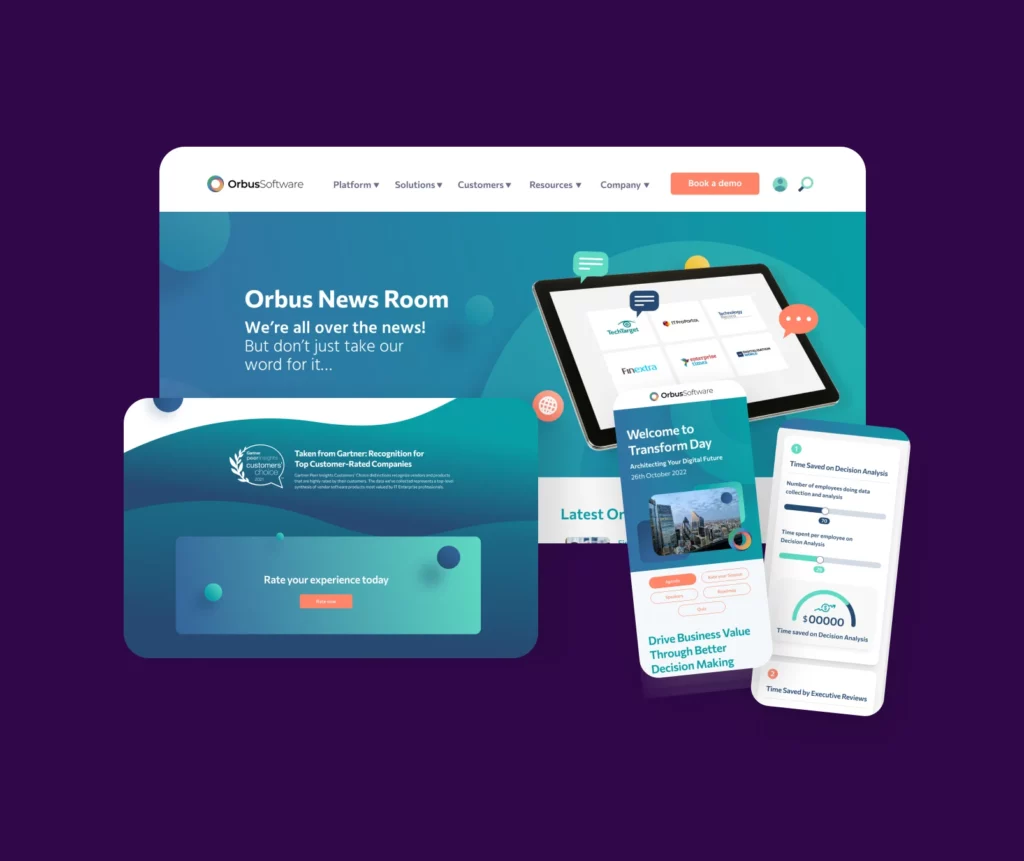
Client Retention: the Important Role of Transparency
Table of Contents
TLDR
This article emphasises transparency as a critical strategy for client retention in the competitive web and app development industry. It highlights how transparency, through open communication, clear expectations, and accountability, is ethical and functional for long-term client relationships.
Transparent practices like regular updates, check-ins, and straightforward billing build trust, reduce misunderstandings and foster a cooperative atmosphere, ultimately enhancing client loyalty and retention.
Introduction
For Ronins, client retention is something we value and focus on with every client interaction. However, in today’s competitive web and app development world, client retention is often overshadowed by the race for new acquisitions.
Studies suggest that retaining an existing client can cost five times less than acquiring a new one, not to mention the amount of effort, heartbreak and sweat involved in proving yourself to a new group of stakeholders. High client turnover affects your bottom line and keeps you in a constant state of having to prove your worth to new prospects. This is where transparency comes into play as more than just an ethical guideline—it’s a strategic tool for client retention.
How Transparency Fuels Client Retention
First, we must understand transparency in website and app development. At Ronins, transparency means open communication, clear expectations, and accountability. It goes beyond being a good ethical practice; it’s a functional strategy for retaining clients. All clients want to know where their money is going, how their project is progressing, and whether they should anticipate any changes. Transparency fills in these gaps and sets the foundation for long-term cooperation. Sounds pretty fair, right?
Open Communication
Keeping communication channels open is one of the main pillars of transparency. Whether sharing project updates or discussing challenges, timely and honest communication builds trust. And trust, as we all know, is the cornerstone of any lasting relationship. This has been particularly important when working with our client, Orbus Software, based in London. The wide range of stakeholders from multiple disciplines means alignment and efficient communication are vital for project success, retaining trust and respect within the team and improving morale and team spirit.

Setting and Managing Expectations
Another aspect where transparency is critical is in setting and managing expectations. Explicit project scopes, timelines, and deliverables leave no room for misunderstandings. Transparency here reduces friction, minimises scope creep, and ensures client satisfaction, which is pivotal for retention. We often find this particularly important when managing projects with tight, client-led deadlines that require strict adherence to deadlines, particularly during the UX and UI phases of projects. We can often mitigate risk and work through challenges by setting expectations and working as a team.
Accountability: The Unsung Hero
Transparency isn’t just about being upfront; it’s also about being accountable. When you own mistakes, provide clear paths for resolution, and are transparent about what went wrong, you build a level of trust that money can’t buy. This makes your client more likely to stick with you through thick and thin.
Strategies for Building Client Retention Through Transparency
Regular Updates and Check-ins
Simple acts, like regular status updates or quick check-ins, can go a long way in keeping a client engaged and building a trusting relationship. These actions show the client that you’re on top of things and care about their project. When we develop web build projects for our clients in London, we operate a 3-tiered communication approach: weekly status to set the project cadence. This status report is continuously updated and kept available to the client, a Jira board with all the tickets being worked on and in the pipeline for maximum transparency.

Transparent Pricing and Billing
Surprises, not invoices, are suitable for birthdays. Clear and transparent invoicing practices, devoid of hidden fees or unclear billing methods, play an essential role in building and retaining client trust. Clients feel more comfortable and secure when they know what to expect financially.
In summary, transparency isn’t just an ethical guideline but a strategic tool for client retention. It fosters open communication, helps set realistic expectations, and builds trust and accountability. By incorporating transparency into your client relationships, you’re not just doing the right thing but also setting the stage for long-term success.

